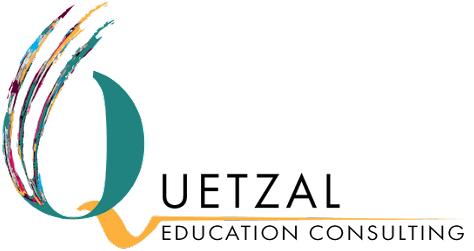
Antiracist Math FAQ
-
Math outcomes across the United States are disproportionately racialized. Black and Latinx students, for example, consistently receive lower scores and grades in math than white students. We can believe either that these lower scores happen because our BIPOC (Black, Indigenous People of Color) students hold inferior abilities than white students or because something about the larger schooling and instructional system isn’t serving them in equitable ways. We believe the latter; therefore, we must disrupt it systemically. The main aim of our antiracist math work is to disrupt practices and approaches to math education that contribute to the racialized disproportionality in math outcomes.
-
Neither we, nor any respected math educator we know or work with, has ever stated that math is racist. We believe math instruction has not and is not serving our BIPOC students equitably, and this statement can be demonstrated with data. Wherever we find disproportionate results, we must look for disproportionate practices. We advocate for antiracist math instruction and pedagogy, and this simply means that we want to approach math education in ways that disrupt the racialized disparities that our BIPOC students continue to face.
While 2+2 may equal 4, how we arrive at the understanding that 2+2=4 is going to vastly differ among groups coming from different cultural backgrounds.
Saying that we claim math is racist is a hyperbolized gimmick used to discredit this important work.
-
Since people don’t always know what antiracist math work is, they assume that it means we hold students to lower standards as a way to bridge the gap. This assumption actually exposes one of the biggest problems in education: deficit mindset (which is, by the way, something that antiracist math work tries to disrupt). Deficit mindset is the bias educators hold that assumes our BIPOC students are not capable of high level academic work. Deficit mindset assumes that doing equitable math work means dumbing down the discipline as the only way to help BIPOC students. At the core of our antiracist math work at Quetzal is the belief that BIPOC students are mathematical geniuses who hold a deep ancestral legacy of high and interdisciplinary math achievement! In fact, our series includes a workshop on how to bring authentic and high level rigor into our math classes as a way to increase BIPOC engagement.
-
It actually does the opposite! We treat BIPOC students as mathematical geniuses who hold a proud history of mathematical and scientific achievement. And we train and equip educators on how to empower their math students to achieve their highest potential in math.
-
Our Antiracist Math Workshop Series came as an expansion to our Math Equity Toolkit, which was a collaboration among mathematicians and educators holding masters degrees, PhDs and expansive experience in the classroom or in educational policy. This is work that is led by math educators and math experts; however, it’s important to understand that the conversation of equitable math practices in education is an interdisciplinary one that extends beyond math. This is a conversation that requires expertise in ethnography, educational theory and praxis, math history, ethnomathematics, sociology, the humanities (e.g. math history, etc…) This is why our team is made up of a nationwide network of experts from different disciplines (and why we purposely try to pair facilitators with math and other backgrounds).
